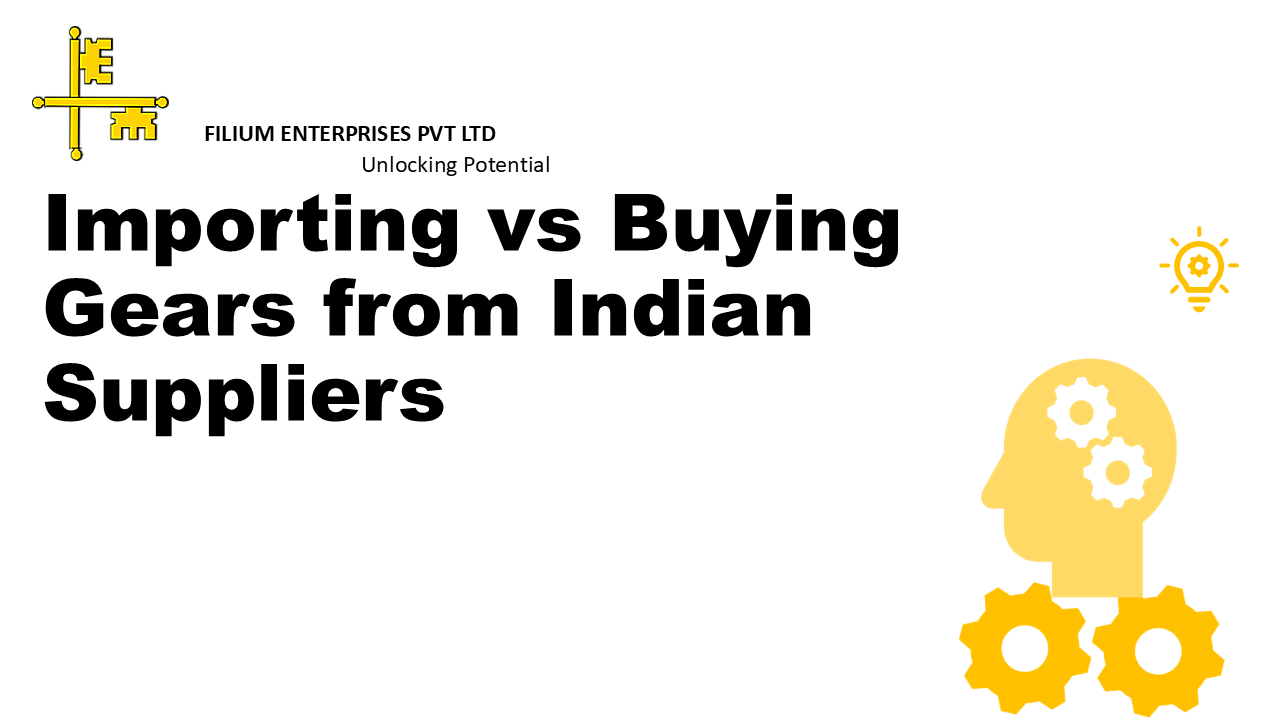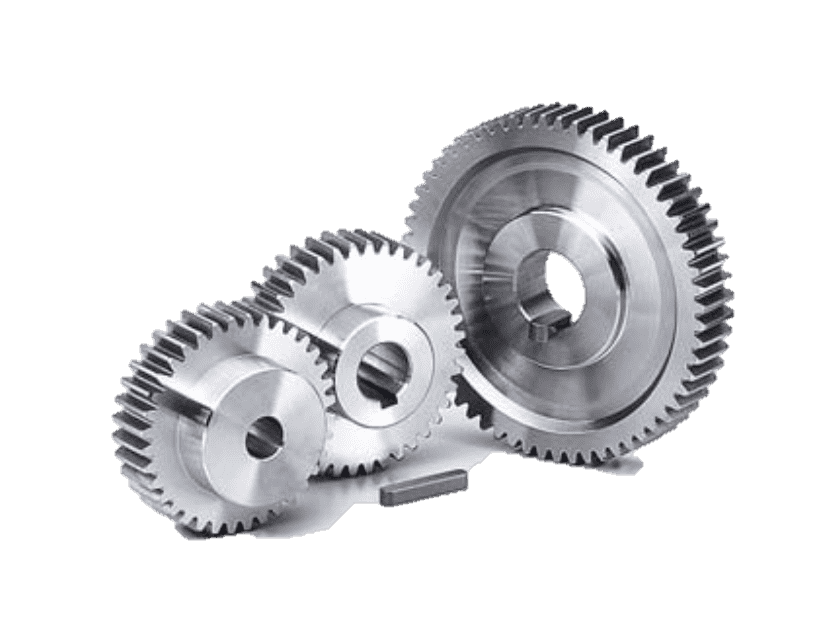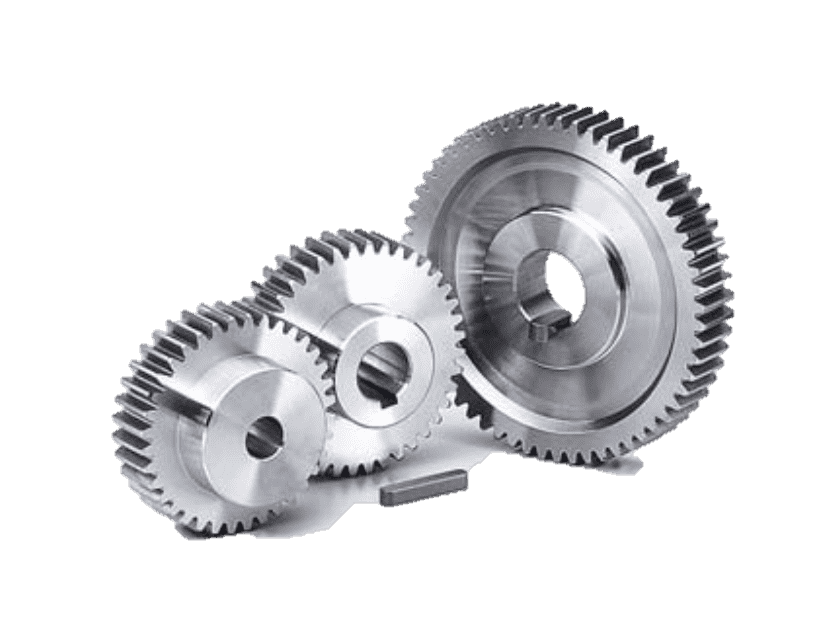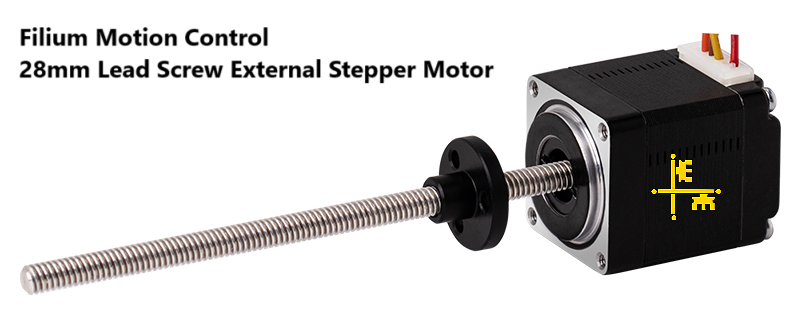Importing vs Buying Gears from Indian Suppliers

Importing vs. Buying Gears from Indian Suppliers: A Comprehensive Analysis
Introduction
Gears are pivotal components in industries ranging from automotive and aerospace to energy and robotics. The global demand for high-quality, durable gears has surged with advancements in automation and machinery. For businesses, sourcing gears involves a critical decision: import them from international manufacturers or procure them domestically from Indian suppliers. This article explores the pros and cons of both approaches, supported by industry statistics, and highlights Filium Enterprises, a leading Indian gear supplier renowned for its innovation and reliability.
Global Gear Market Overview
The global gear market was valued at $151.2 billion in 2022 and is projected to grow at a compound annual growth rate (CAGR) of 6.1% through 2030, driven by industrial automation and renewable energy projects (Allied Market Research, 2023). Asia-Pacific dominates this market, with India emerging as a key player due to its cost-competitive manufacturing ecosystem. India’s gear manufacturing sector, valued at $1.8 billion in 2023, is expected to grow at 7% CAGR, bolstered by the government’s ‘Make in India’ initiative and increasing exports of mechanical components (IBEF, 2023).
Importing Gears: Pros and Cons
Advantages
- Access to Advanced Technology: Countries like Germany, Japan, and the U.S. lead in precision engineering, offering gears with cutting-edge materials and IoT integration.
- Specialized Solutions: Niche industries (e.g., aerospace) may require custom gears better sourced from specialized global manufacturers.
Challenges
- Higher Costs: Import tariffs (15–25% in many countries), shipping expenses, and currency fluctuations inflate costs. For example, India imposes a 10–15% customs duty on imported gears (WTO, 2023).
- Logistical Delays: Supply chain disruptions, port congestions, and geopolitical tensions (e.g., the Russia-Ukraine conflict) can lead to delays exceeding 4–6 weeks.
- Quality Control Risks: Managing overseas quality standards requires rigorous inspection processes, increasing administrative burdens.
Buying Gears from Indian Suppliers: Pros and Cons
Advantages
- Cost Efficiency: Lower labor costs (average manufacturing wages in India are 1/5th of the U.S.) and reduced logistics expenses make Indian gears 20–40% cheaper than imported alternatives.
- Proximity & Faster Turnaround: Domestic sourcing ensures quicker delivery (often within 2–3 weeks) and easier collaboration for customization.
- Supporting Local Economy: Aligns with ‘Make in India’ goals, reducing import dependence and boosting employment.
- Rising Quality Standards: Indian manufacturers now adhere to global certifications like ISO and AGMA.
Challenges
- Perception Issues: Some buyers associate Indian products with lower quality, though companies like Filium Enterprises are changing this narrative.
- Infrastructure Bottlenecks: Despite progress, occasional power shortages and transport inefficiencies persist in smaller facilities.
Filium Enterprises: A Benchmark in Indian Gear Manufacturing
Established in 2005, Filium Enterprises has emerged as a trusted name in the gear manufacturing sector. The company serves industries such as automotive, wind energy, and heavy machinery, exporting to 30+ countries and supplying OEMs like Tata Motors and Siemens.
Key Strengths
- Quality Assurance: Filium holds ISO 9001:2015 and IATF 16949 certifications, ensuring adherence to international standards.
- Advanced Manufacturing: Investments in CNC machining and 3D printing enable precision gears with tolerances as low as 5 microns.
- Cost-Effective Solutions: By leveraging India’s low-cost labor and vertically integrated production, Filium offers gears 25% cheaper than European counterparts.
- Sustainability: The company uses recycled materials and energy-efficient processes, reducing carbon footprint by 30% since 2020.
Case Study: Filium vs. Imported Gears
A European automotive firm reduced its gear procurement costs by $500,000 annually by switching from German imports to Filium, without compromising on quality or delivery timelines.
Comparative Analysis: Importing vs. Buying from India
| Factor | Importing | Buying from India (e.g., Filium) |
|---|---|---|
| Cost | High (tariffs, shipping) | Competitive (lower labor/operational costs) |
| Lead Time | 6–12 weeks | 2–4 weeks |
| Customization | Specialized but slower | Flexible and rapid |
| Quality | High-tech solutions | Rising, with ISO-certified suppliers |
| Supply Chain Risks | Higher (geopolitical issues) | Lower (local logistics) |
Why Choose Indian Suppliers Like Filium Enterprises?
For most businesses, the balance tilts toward Indian suppliers due to:
- Total Cost Savings: Lower upfront costs and minimized hidden expenses.
- Agility: Ability to adapt to design changes and market demands swiftly.
- Strategic Partnerships: Long-term collaborations fostering innovation.
Filium Enterprises exemplifies these advantages, combining global-quality standards with India’s cost benefits. Its R&D investments ensure gears meet evolving industry needs, such as lightweight materials for electric vehicles.
Conclusion
While importing gears suits niche applications requiring advanced technology, Indian suppliers offer compelling advantages for mainstream industries. With the sector’s growth under ‘Make in India’ and companies like Filium Enterprises setting quality benchmarks, domestic procurement is increasingly strategic. Businesses must evaluate their priorities—cost, lead time, and customization—to make informed decisions, but Indian manufacturers are undeniably closing the gap with global competitors.
By choosing Filium Enterprises, companies gain not only cost efficiency but also a partner committed to innovation and sustainability, positioning India as a global gear manufacturing powerhouse.
*(
References
- Allied Market Research. (2023). Global Gear Market Report.
- India Brand Equity Foundation (IBEF). (2023). Engineering Goods Exports Data.
- World Trade Organization (WTO). (2023). India Customs Tariff Data.
- Filium Enterprises. (2023). Company Sustainability Report.







